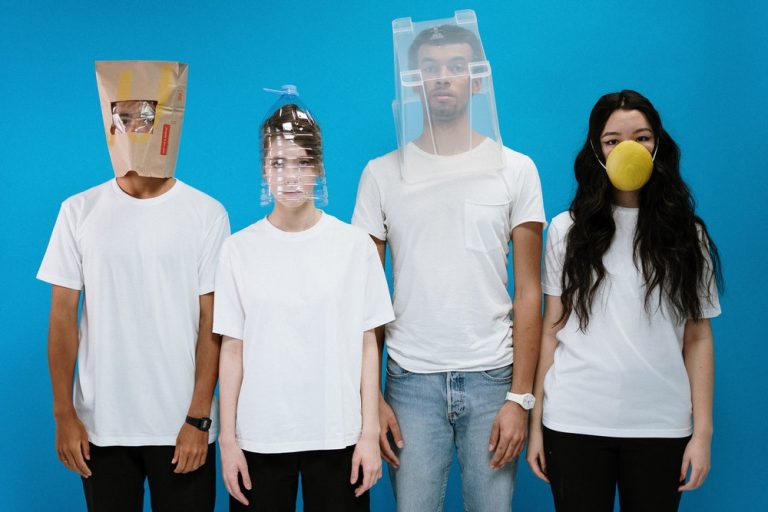15 de agosto 2020

European Concern over Lack of Academic Freedom in Nicaragua

PUBLICIDAD 1M
PUBLICIDAD 4D
PUBLICIDAD 5D
The youth face enormous uncertainty about what’s coming next. Many are facing this time with anxiety and distress.

This week marks the start of two classes I teach at the Ibero-American University in Managua, and one at the CIDE [Centro de Investigacion y Docencia Economicas, based in Mexico]. As I prepare, I wonder: “What future awaits my students?” An article in the Spanish newspaper El Pais, entitled “The generation that will foot the bill for the Latin American crisis” was an attempt to respond to this question.
Reporters from that newspaper interviewed young people from ages 18-25 in Mexico, Chile, Argentina, Brazil, Colombia, Paraguay and Peru. The conclusion was that, with the pandemic, this is the sector of the population “who got the worst slice.”
The young people in Latin America already had “few expectations for the future”, according to Pedro Nunez, an investigator from the Latin American Department of Social Sciences in Argentina. Now, with the pandemic, these have worsened.
Despite the difficulties they were aware of, four goals give an idea of the youth’s wishes or hopes for their lives before the pandemic. They were: to finish their studies; find work or open their own business; become economically independent; and move out of their parents’ home.
The youth of different countries coincide in what they’re experiencing and how they’re processing it. What they propose can be generalized to all of Latin America, and possibly to a good part of the world.
From my reading of the article, I can extrapolate the vision the youth have of their future. I organize it into two large categories: the fears they have, and the changes they see as necessary.
Not being able to finish their studies
Not finding work
Being laid off from work
Not being able to become financially independent from their parents
Having to continue living in their parents’ home
Not knowing how the “lockdown” might affect their relationships.
Not knowing how the changes that result from the pandemic are going to affect their lives
Awareness of the need to reinvent themselves.
Reimagining what they want to be and how they want to live.
The idea of time. Living in the now.
Participating in the creation of a more open and inclusive society. Closing the gap of social equality.
Becoming more active in the feminist struggle against machismo and in the fight against climate change.
Questioning the paradigm of a university education. Currently, finishing the university doesn’t necessarily guarantee better living conditions.
Being more creative, in order to generate new opportunities
The post-pandemic world, still uncertain and hard to visualize, demands that society and every one of its members make changes in the way they’ve thought and lived. There are many things in question, and things won’t go back to the way they were before.
The interviews reveal that the youth have an enormous uncertainty about what’s coming. A good part of them are living through this period with anxiety and distress precisely because of the lack of clarity about the future, one in which they’ll have to live.
PUBLICIDAD 3M
Sociofundador de Afan Consultores Internacionales, S.C. Doctor en Ciencias Sociales. Profesor en el Departamento de Comunicaciones y Ciencias Políticas de la Universidad Iberoamericana. Publica semanalmente en diversos periódicos y revistas del país.
PUBLICIDAD 3D